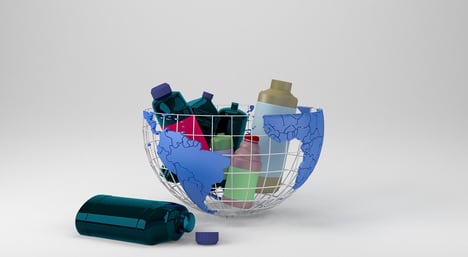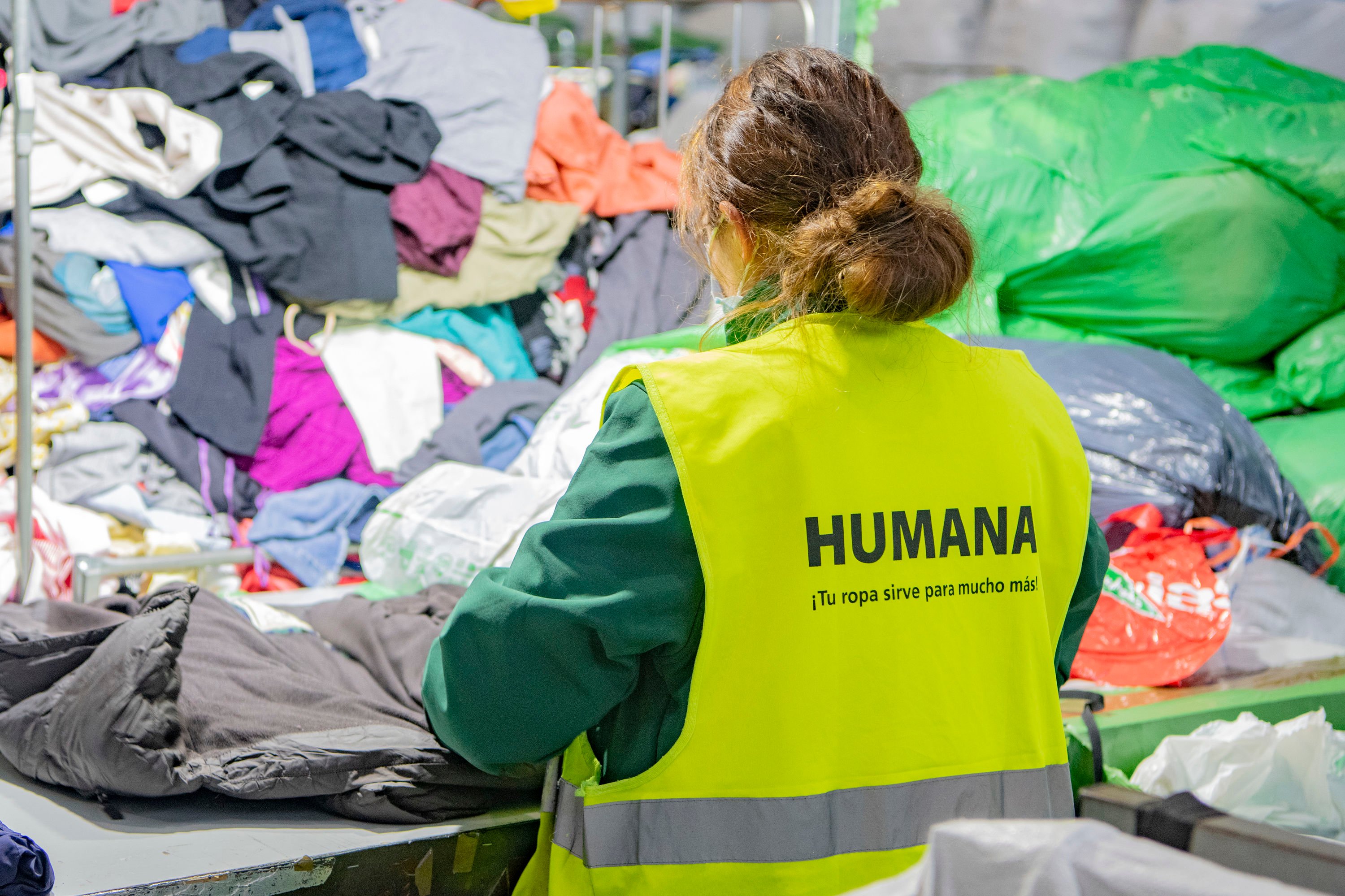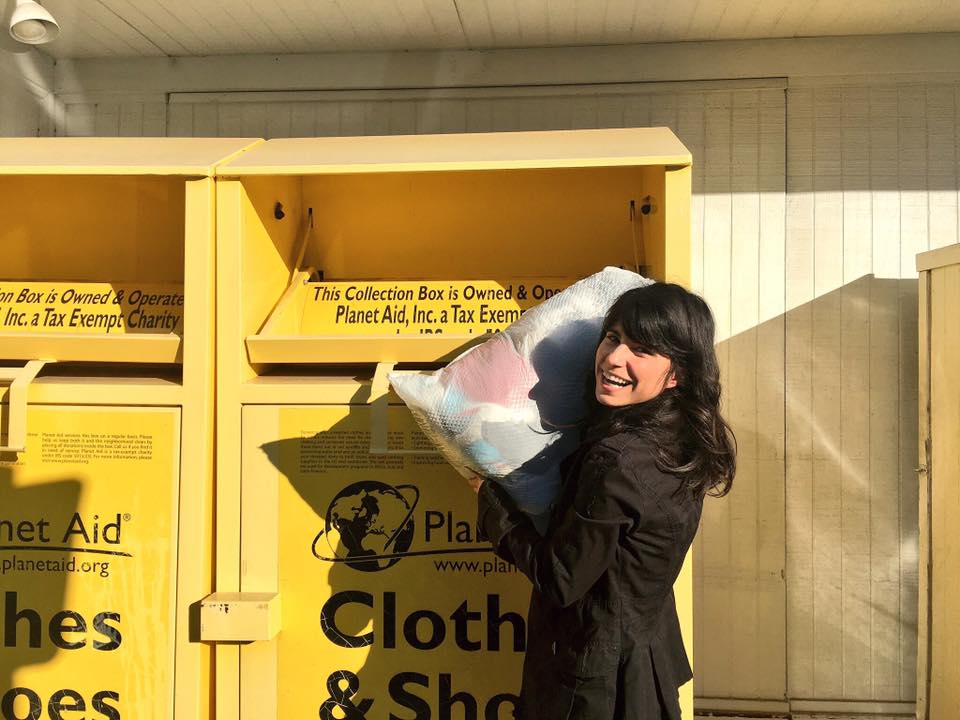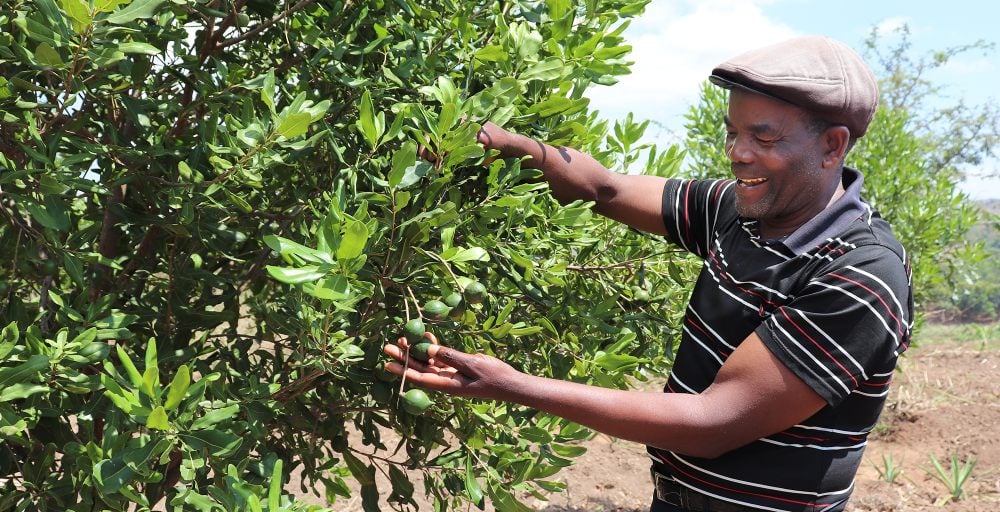Ending Plastic Pollution Is A Necessity Needed To Restore Our Planet
Ending Plastic Pollution Is a Necessity Needed to Restore Our Planet

Plastic pollution is an immense challenge requiring a global response to reduce its impact on people and the environment. According to an Organisation for Economic Co-operation and Development (OECD) report dated 2023, the world is producing twice as much plastic waste as two decades ago, with the bulk of it ending up in landfills and only 9% successfully recycled. Each year more plastics are produced and less is recycled, a growing threat to human health that is as alarming as climate change.
Plastic pollution is reducing the ecosystem’s ability to adapt to climate change affecting people’s livelihoods. This is an injustice to vulnerable communities who are the bearers of the consequences. We don’t have the right to burden future generations but together, we have the power to make the change that is needed to address the problem. To reduce and fight plastic pollution, the OECD and other international organizations and civil society organizations have developed the Global Ambition scenario, which is a comprehensive number of policies that will enable an almost immediate decrease in plastic leakage levels and a near-elimination by 2040. In line with this objective, we continue to emphasize our commitment to reducing aquatic plastic flows and achieving a 60% reduction of plastics by 2040.
The complexity of plastic pollution calls for the global community to come together to address the drivers of the increasing production of disposable plastics. Urgent action is needed to shape the coordinated global response and follow up on commitments made by world leaders to end plastic pollution.
Plastic-based textiles have a significant impact on the environment, creating the demand to embrace sustainable fashion which is all about making mindful choices and exploring alternatives. For more than 40 years, Humana People to People has collected used clothes and by sorting them for maximum reuse, we saved 777,000 tons of CO2 in 2022 alone (6.1 tons per ton collected).
Through our members in Europe and North America, we collect and sell second-hand clothes to reduce the environmental impact resulting from the textile industry to save the planet. The environmental cost of fast fashion is real and the textile industry is a big contributor to the ongoing plastic crisis, demanding fast fashion companies to end the wasteful practice of overproducing new clothing than we can wear. We promote the reuse of second-hand clothing as the most effective way to save natural resources and protect the environment. In the global south, we repurpose old second-hand clothing to allow clothes to be used to their fullest extent into useful household items such as mops and rags.

In Europe, UFF Norge is recycling damaged clothing into products that we are using in our sorting centers, warehouses, and shops such as clothes hangers, creating a sustainable ecosystem of reuse within our second-hand clothes system.
The Women and Youth Creating a Greener Future project in Viana, Angola, engages more than 10,000 people and trains various groups of women and youths to improve the urban environment by recycling used clothes, converting waste material into new objects, and planting trees. This project focuses on producing and selling efficient, sustainable charcoal stoves to combat climate change and promote livelihood diversification by reducing the demand for charcoal production from trees. ADPP Angola has produced and sold more than 7,000 charcoal stoves from its many charcoal stoves projects.
Our sustainable agriculture and environment programs accelerate mitigation and adaptation initiatives to reduce the impact of climate change and ecosystem degradation. The programs promote locally-led adaptation and place decision-making in the hands of the people most affected, which results in greater local ownership and leadership of adaptation. We engage communities to find potential pathways for change, to protect natural resources, and to adapt to the effects of climate change whilst strengthening livelihoods to improve food and income security.

It’s entirely possible to meet the global goals of reducing plastic waste in the next two decades, however, it requires a concerted effort, accountability and responsibility to implement policies and implement action to tackle plastic pollution and climate change. Humana People to People continues to engage communities living in the most challenging regions to create a cleaner and healthier environment for everyone and future generations. In our vocational schools, we continue to adapt our skills training courses by offering TVET green skills because we value the potential climate action holds in delivering clean and better jobs, under the right policies. Reuse of textiles and plastics in an eco-friendly manner is crucial in this fight and it’s not too late to reverse the processes responsible for the climate crisis. It only takes collective efforts to hold climate change on the low end.
